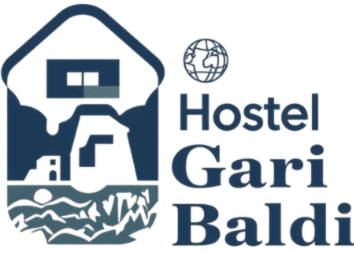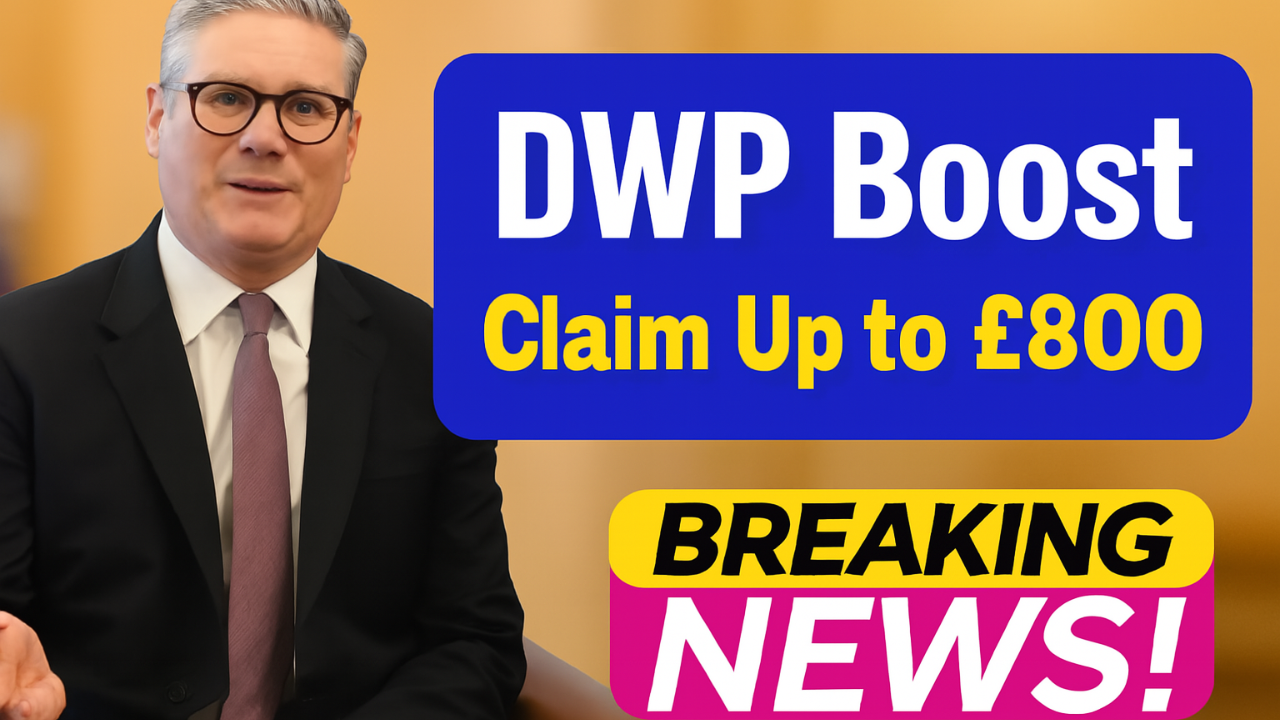Good news has arrived for thousands of UK households as the Department for Work and Pensions (DWP) has introduced a new financial boost starting 15 September 2025. Eligible claimants may be able to receive up to £800 more per month, depending on their circumstances. This support has been designed to ease the pressure of the ongoing cost-of-living challenges and ensure low-income families, pensioners, and disabled individuals receive additional help.
What Is the DWP £800 Boost?
The DWP boost refers to increased support payments that eligible individuals and families can now claim. The extra amount is not a one-size-fits-all figure but depends on personal circumstances, income level, benefits currently being received, and the number of dependents at home.
This financial top-up is mainly available across existing schemes such as:
- Universal Credit claimants
- Pension Credit recipients
- Disability benefit claimants
- Low-income families with children
Who Qualifies for the Boost?
The DWP has applied clear eligibility criteria to determine who can benefit from this uplift. You may qualify if you fall into one of these categories:
- Universal Credit claimants struggling with rising rent, household costs, or childcare expenses.
- Pensioners receiving Pension Credit who require additional support.
- Individuals on Disability Living Allowance (DLA), Personal Independence Payment (PIP), or Employment and Support Allowance (ESA).
- Families on low income thresholds who receive Child Tax Credit or Housing Benefit.
In many cases, the monthly income increase could reach £800 if multiple elements of support are combined.
How to Apply for the September DWP Boost
The application process for the DWP uplift is quite straightforward:
- Check eligibility – Visit the official GOV.UK website or contact your nearest Jobcentre Plus to confirm the benefits you are entitled to.
- Update your details – Ensure your household income, rent costs, and dependent children information is up to date on your Universal Credit or Pension Credit account.
- Submit required evidence – You may be asked for financial documents like wage slips, rent agreements, or medical records for disability claims.
- Wait for confirmation – DWP usually confirms eligibility within a few weeks and adjusts payments automatically.
If you already receive benefits, you may not need to do anything additional. Payments are often updated automatically from 15 September.
When Will You Receive the Extra Payment?
The DWP has confirmed that the boost will start reflecting in payments made after 15 September 2025. Depending on your benefit type:
- Universal Credit is paid monthly, so you will notice the change in your next scheduled payment date.
- Pension Credit is usually paid every four weeks, so increases will show in the following cycle.
- Disability-related benefits will also include higher rates within the next payment window.
Overview Table of the DWP September Boost
| Category | Potential Extra Amount | Payment Frequency | How to Claim |
|---|---|---|---|
| Universal Credit claimants | Up to £400–£800 | Monthly | Automatic / Update online |
| Pension Credit recipients | Around £300–£600 | Every 4 weeks | Automatic or phone DWP |
| Disability benefit recipients | £200–£500 | Varies | Submit supporting medical records |
| Low-income families with children | £350–£800 | Monthly | Update household info on GOV.UK |
Why This Boost Matters
The £800 monthly boost is a significant relief for millions navigating higher energy bills, food inflation, and rental increases. For pensioners, it provides stability in retirement, and for parents, it eases childcare and living costs. Importantly, people already relying on benefits can access this without lengthy new applications.
FAQs
1. When does the DWP boost start?
It begins from 15 September 2025, with payments reflected in the next scheduled benefit date.
2. Do I need to reapply to get the increase?
In most cases, no. Payments will update automatically, although you may need to ensure your details are correct.
3. How much can I get from the boost?
Depending on your situation, you could receive up to £800 extra per month.

